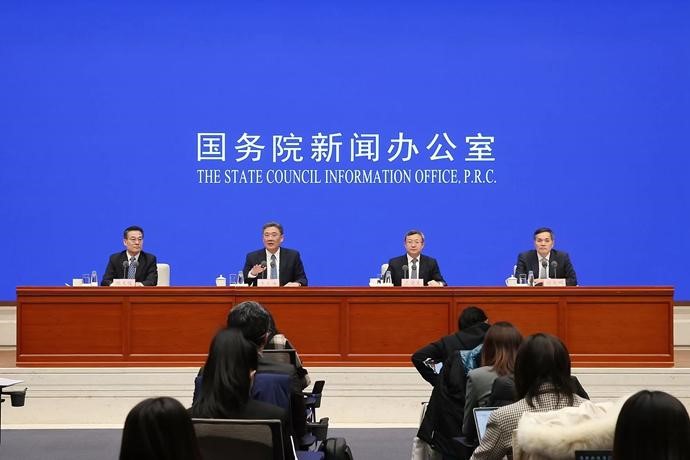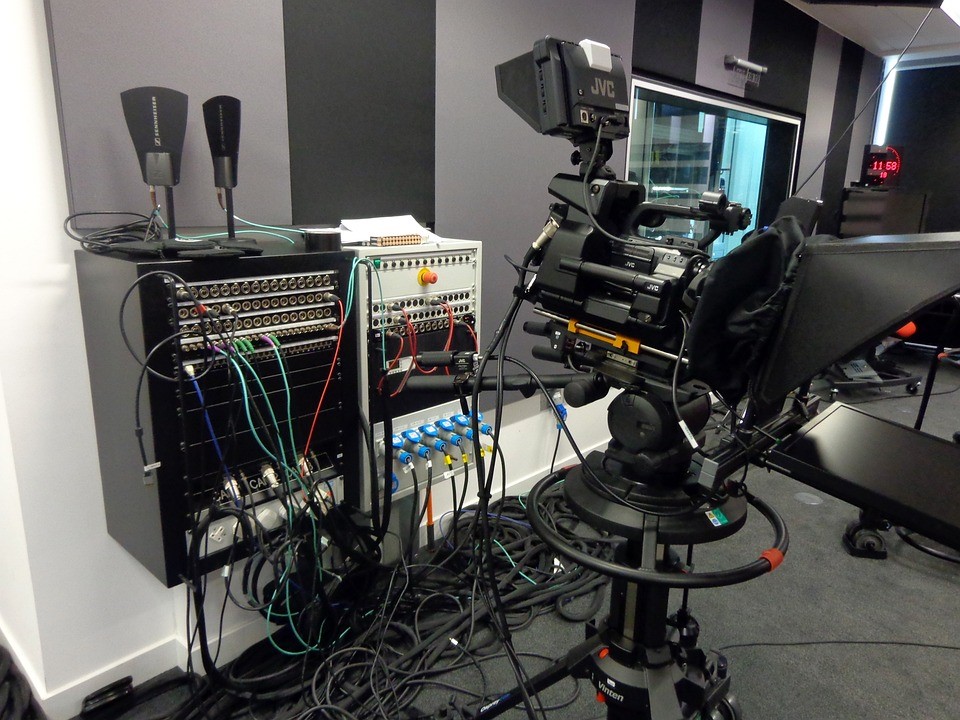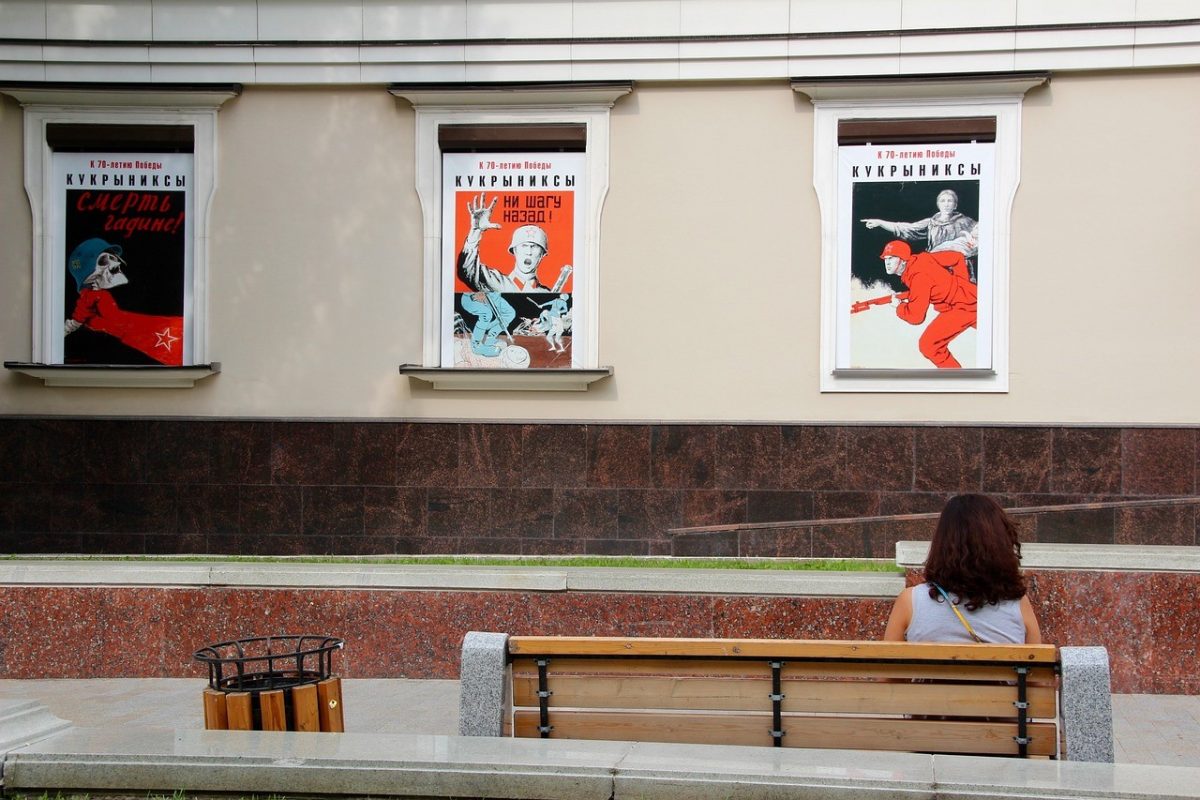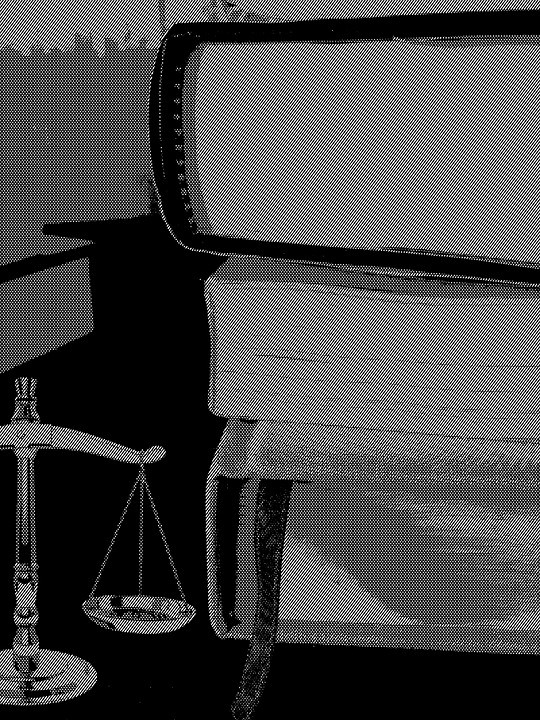“I’m the most fun, I’m rich, and I’m always in trouble.”
Larry Flynt, quoted in The People v. Larry Flynt
Comparing former President Donald Trump with pornographer Larry Flynt (best known for publishing the utterly raunchy Hustler magazine) can lead to certain…misunderstandings. But both have some attributes in common – and Flynt summed up those similarities in the quote above.
In the 1970’s and 1980’s, Flynt was involved in a series of lawsuits, including “(h)is most famous legal case (which) involved (the Reverend) Jerry Falwell, founder of (the) Moral Majority. In 1983, Hustler ran a liquor advertisement parody suggesting that Falwell had lost his virginity to his mother in an outhouse. Falwell sued, saying he suffered emotional distress. In Hustler Magazine v. Falwell (1988), the Supreme Court invalidated a lower court’s $200,000 damage award and ruled that a public figure cannot recover damages stemming from a satirical attack. The decision demonstrated that the adult entertainment industry is frequently in the vanguard of First Amendment free speech court battles that affect the wider culture.”
Much like Flynt, who died in 2021, Trump is not afraid to use his money to defend himself from various allegations and charges. In doing so, Trump ends up a leader in protecting the rights of others. Also similar to Flynt, Trump appears to relish a fight. As noted by NBC News, “Donald Trump gets up every day ready to face whatever comes at him. He doesn’t think about yesterday and he doesn’t worry about tomorrow. The fight before him is what he is focused on.” “In a sick way I sort of enjoy it,” Trump said, while speaking at the North Carolina Republican Party’s convention in Greensboro, North Carolina this June.
Still, no matter how much one enjoys a good fight, no one seriously enjoys defending ones’ self against a federal indictment. Trump had enough trouble on his plate regarding his indictment by the Manhattan District Attorney Alvin Bragg for allegations involving election fraud. Now, Special US Attorney Jack Smith has filed a 38 count indictment in the Southern District of Florida against the former President and one of his aides, Waltine Nauta. The indictment can be viewed in its entirety here:
The allegations stem from the allegedly classified documents recovered by the FBI after their raid of Mar a Lago in the summer of 2022. As readers will no doubt remember, “a search warrant was executed by approximately 30 Agents of the Federal Bureau of Investigation’s Washington DC bureau office at former President Donald Trump’s residence in Florida…(a)ccording to The Guardian, ‘(t)he search warrant (was) approved by Florida federal magistrate judge Bruce Reinhart. The attachment to the warrant, describing the ‘property to be seized’, broadly referred to classified documents and materials responsive to the Presidential Records Act.’”
At the time, we noted the overbroad nature of the search warrant used by the FBI. “’Classified documents and materials responsive to the Presidential Records Act,’” could mean any one of a thousand or more categories of material. Further, such a wide description gives FBI Agents no particular and specific description of the materials subject to the search. Next, the area to be searched appears not to have been specified. Agents searched all of Mar-A Lago, including the private residence of the former President and his wife; the former President’s office; and even a closed and locked safe.”
We also discussed the requirements for searches and seizures under the Fourth Amendment to the US Constitution; “a search warrant must identify a specific place to be searched, and particular items to be seized. ‘The Fourth Amendment…itself identifies the criteria for obtaining a lawful search warrant. A police officer, or other official seeking a warrant…must ‘particularly describ[e] the place to be searched, and the persons or things to be seized.’ A search warrant is invalid if it covers too broad an area or does not identify specific items or persons.’ (Emphasis added).”
Thus, before we begin any discussion of the indictment, it must be clearly understood that the search warrant used to obtain the materials used against the former President is seriously and fatally flawed.
What is the effect of the use of an illegal search warrant on a prosecution? “You might know that evidence the cops find during an illegal search of you or your belongings is probably inadmissible in criminal court…(g)enerally speaking, the prosecution can’t use evidence that comes directly from police illegality—the seized object or the statement. But oftentimes, it also can’t use evidence that derives from the illegality—something the officers discovered as a result of the object or statement. The latter is commonly referred to as the ‘fruit of the poisonous tree.'”
The “fruit of the poisonous tree” doctrine was discussed extensively in the 1963 US Supreme Court case, Wong Sun v. United States. There Justice William Brennan ruled for the majority that “In order to make effective the fundamental constitutional guarantees of sanctity of the home and inviolability of the person…this Court held nearly half a century ago that evidence seized during an unlawful search could not constitute proof against the victim of the search…The exclusionary prohibition extends as well to the indirect as the direct products of such invasions…(this) exclusionary rule has traditionally barred from trial physical, tangible materials obtained either during or as a direct result of an unlawful invasion.” (Citations omitted.)
Like any other resident of the United States, Donald Trump is entitled to the protection of the United States Constitution. Further, it is undisputed that the warrant used to search his home lacked the specificity required by the Fourth Amendment to that Constitution. Therefore, that warrant MUST be ruled invalid, and the evidence seized during the search of the former President’s residence MUST be suppressed.
No other result is possible if the Federal Courts follow the law.
A review of the Federal Indictment shows that the first 31 Counts all involve individual charges for 31 separate, allegedly classified documents recovered during the search of Mar a Lago. If the Court follows the well-established precedent of Wong Sun and applies the exclusionary rule, these documents must be suppressed, and the first 31 counts of the indictment would need to be dismissed as lacking supporting evidence.
Count 32 alleges a Conspiracy to Obstruct Justice by various witnesses who claim that Trump and his co-defendant made untrue statements regarding the location and/or existence of the allegedly classified documents, and caused boxes of these documents to be moved around Mar a Lago. Count 33, (Withholding a document or Record), is also predicated on similar conduct described in Court 32, as are Count 34 (Corruptly Concealing a Document or Record), Count 35 (Concealing a Document in a Federal Investigation), Count 36 (Scheme to Conceal), Count 37 and Count 38 (False Statements and Representations). All seek to use statements and/or actions taken by Trump and his co-defendant to allegedly “hide and conceal documents from a federal grand jury,” “conceal boxes that contained documents with classification markings,” and “make a materially false, fictitious and fraudulent statement and representation…during a grand jury investigation” regarding the existence and/or location of these documents.
As to these counts, the exclusionary rule may or may not be applied. Returning to the Wong Sun case, the named defendant made statements that the government sought to use against him. According to Justice Brennan, “Wong Sun’s unsigned confession was not the fruit of that arrest, and was therefore properly admitted at trial. On the evidence that Wong Sun had been released on his own recognizance after a lawful arraignment, and had returned voluntarily several days later to make the statement, we hold that the connection between the arrest and the statement had ‘become so attenuated as to dissipate the taint.'”
Thus, it is entirely possible that some of the statements attributed to Trump and his co-defendant which occurred after the Mar a Lago search, while a grand jury was considering charges, could be seen as “attenuated” from the initial illegality of the search. However, it is equally possible that the use of these statements and actions against Trump and his co-defendant are all necessarily dependent upon the seized documents being admissible.
After all, it is hard to show a jury that a defendant obstructed an investigation, when you cannot show that jury the subject of that investigation – in other words, how do I know what Trump was trying to hide, if these documents are suppressed, and cannot be used at evidence at the trial?
This means that even if the evidence is suppressed, and only the first 31 counts of the indictment are dismissed, the prosecution may still have a difficult time proving their case for the remaining charges.
The federal case against Trump has only begun. We have yet to see the inevitable motion to suppress from the defense. But have no doubt – Former President Trump will fight for his rights every step of the way.
And in doing so, Trump fights for the rights of all citizens against the government’s use of excessive, inspecific search warrants.
Judge John Wilson (ret.) served on the bench in NYC
Illustration: Pixabay







